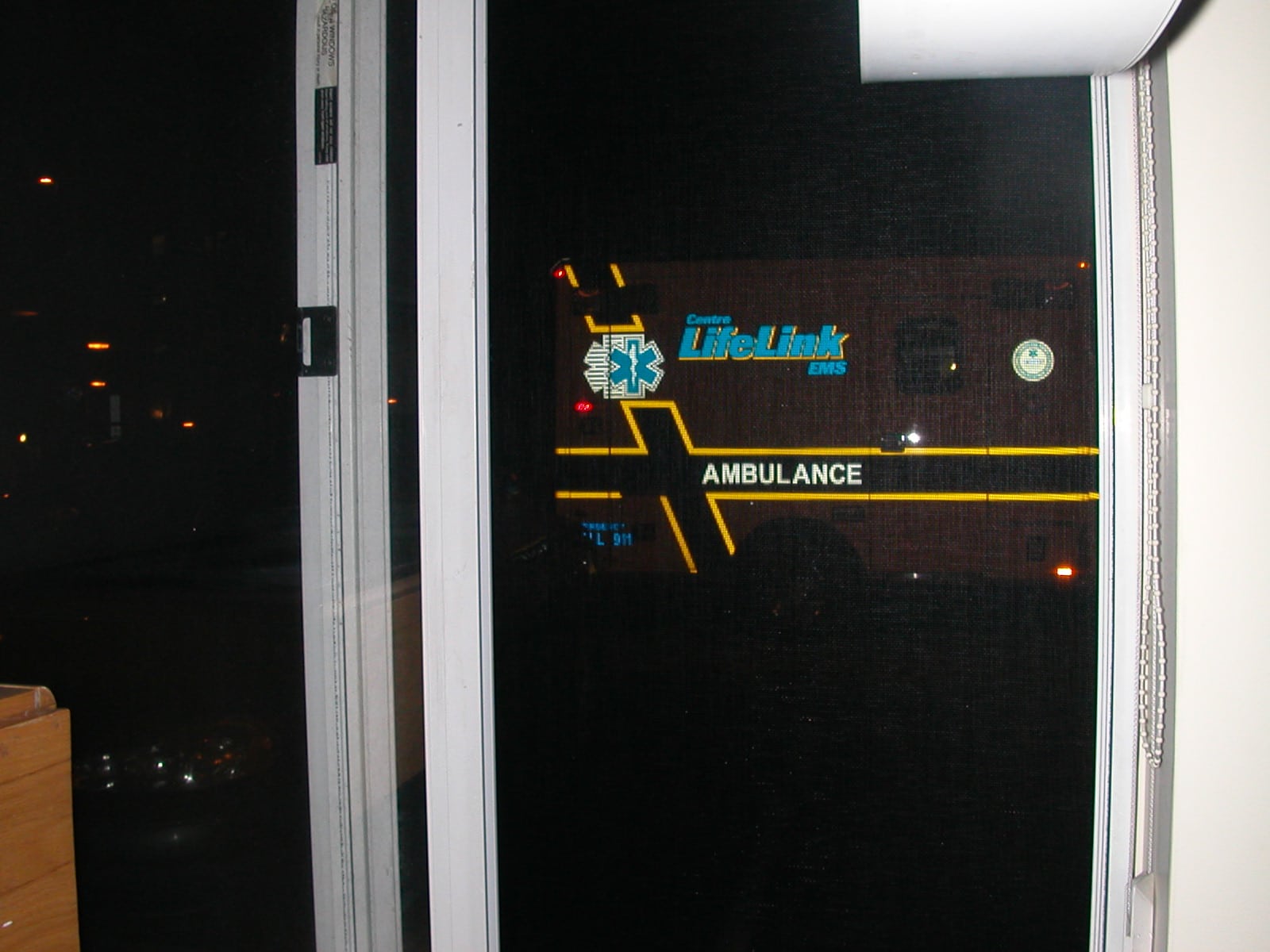University Park, PA. On Tuesday, May 3, 2011 at 10a.m. Penn State’s Department of Architectural Engineering and its Smart Spaces Center for Adaptive Aging in Community celebrated progress made in a coordinated effort to reduce the cost of housing for Pennsylvania’s elderly and disabled residents today and in the future. The celebration took place at […]
Archives for February 2012
Saving Medicare billions: Trying too hard can get in the way
Today is Sunday, February 26, 2012. I took the photograph above last week. My apartment is within an eight-story building housing 90 low-income elderly and disabled individuals, an ambulance parks outside my window at least once a week. Sometimes my neighbors and I return. Sometimes, not. The cost for Medicare, Medicaid, and other services to […]
My first scooter: Originally published as a Valentine to the Durable Medical Equipment Industry
[The following was originally published in the February, 2011 edition of HME News as a Valentine to the Durable Medical Equipment industry. The love continues.] I was so angry, wild with fatigue, that I lifted my ugly drug store cane intending to destroy my employer’s computer printer. This was in California’s Silicon Valley. The printer was […]
How the Rust Belt became rusty
“In 1900, Pennsylvania was the nation’s second largest state [now, sixth largest]….Pennsylvania steel began its decline four decades ago, when management decided not to keep up with new technology”….–Almanac of American Politics 2012 by Michael Barone and Chuck McCutcheon
Marilyn Tavenner Confirmation Watch June 19th Update: Who cares if anyone runs Medicare?
June 19, 2012 update on Marilyn Tavenner’s confirmation (don’t hold your breath) hearings: “So what did Sen. Max Baucus (D-Mont.) say when HHS Secretary Kathleen Sebelius asked him to hold a confirmation hearing for Marilyn Tavenner, acting administrator of CMS? “’It’s going to be difficult to proceed with the Republican opposition,’ said Baucus, chairman of […]
Travel barriers for individuals with disabilities
The following was published in June of 2010 shortly before my mother died. It appeared in my monthly column From Where I Sit, produced on a monthly basis for Voices of Central Pennsylvania, my spiritual home here in State College, PA. The column appeared regularly for over a year, written sometimes between hospitalizations but submitted on time […]
Rep. Glenn (GT) Thompson representing Penn State plus
Rep. Glenn Thompson discusses his nearly 30-year long career as a manager of rehabilitation therapists, as a rehabilitation therapist, and as a health worker, which included changing bed pans at Centre Crest, an assistive living facility near State College, PA. You can listen to this interview below. https://drive.google.com/file/d/0B6JAIMWh-_zIeFMyVUtXbjZWUkU/view?pref=2&pli=1 I interviewed the Congressman on February 6, […]
My mother Dr. Miriam P. Schmerler
Eulogy for my mother Dr. Miriam P. Schmerler Monday, September 6, 2010, State College, PA “People do not wish to learn about how to deal with death until they are confronted by death, and when they are confronted with death they are not inclined to study how religion approaches it,” writes Maurice Lamm in […]


